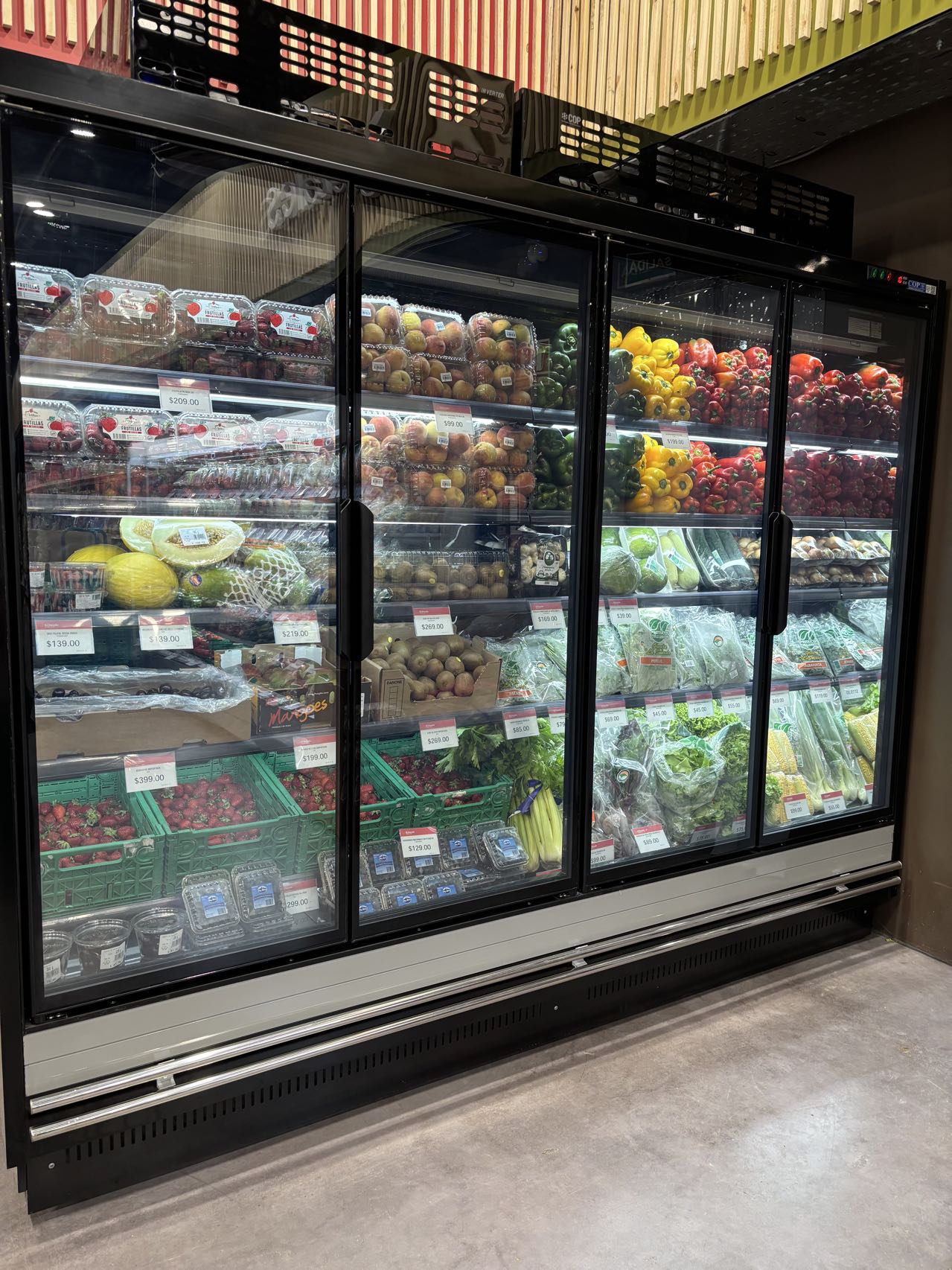The right commercial refrigerator is more than just a piece of equipment; it’s a critical asset that can make or break a business. From restaurants and cafes to supermarkets and laboratories, a reliable refrigeration system is essential for maintaining product quality, ensuring food safety, and ultimately, safeguarding your bottom line. Investing in the right commercial refrigerator isn’t just a choice—it’s a necessity for operational excellence and customer trust.
Key Considerations When Choosing a Commercial Refrigerator
When it’s time to select a commercial refrigerator, there are several factors to consider. Making an informed decision will ensure you choose a unit that meets your specific needs and provides long-term value.
1. Capacity and Size
- Determine Your Needs: Evaluate the volume of goods you need to store. A small cafe might only need a reach-in unit, while a large grocery store may require multiple walk-in coolers.
- Measure Your Space: Before you buy, accurately measure the available floor space and ceiling height to ensure the unit will fit comfortably and comply with local regulations.
2. Temperature Control and Airflow
- Consistent Temperatures: Look for models with advanced temperature control systems that maintain a stable, uniform temperature throughout the unit. This is crucial for food safety and preventing spoilage.
- Efficient Air Circulation: Proper airflow prevents hot spots and ensures that all items are cooled evenly. Dynamic fan systems are often a good indicator of superior performance.
3. Energy Efficiency
- Lower Operating Costs: An energy-efficient commercial refrigerator can significantly reduce your utility bills over time. Look for models with an ENERGY STAR® certification or high-efficiency compressors and insulation.
- Environmentally Friendly: Reduced energy consumption also means a smaller carbon footprint, which is beneficial for both your business and the environment.
4. Durability and Material
- Sturdy Construction: Units made from high-grade stainless steel are more durable, easier to clean, and resistant to rust and corrosion, making them ideal for high-traffic commercial kitchens.
- Quality Components: Pay attention to the quality of the compressor, condenser, and gaskets. These components are vital for the unit’s longevity and performance.
5. Type of Commercial Refrigerator
Different businesses have different needs. Knowing the various types available can help you narrow down your options:
- Reach-In Refrigerators: The most common type, perfect for storing everyday items in kitchens.
- Walk-In Coolers: Large, customizable rooms for bulk storage.
- Under-Counter Refrigerators: Ideal for maximizing space in small kitchens or bars.
- Display Refrigerators: Designed with glass doors to showcase products, perfect for convenience stores and bakeries.
- Prep Refrigerators: Features a prep surface and refrigerated storage below, commonly used in sandwich shops and pizzerias.
Conclusion: Making the Right Investment
Choosing the right commercial refrigerator is a strategic decision that directly impacts your business’s efficiency, food safety, and profitability. By carefully considering factors like capacity, energy efficiency, durability, and type, you can select a unit that not only meets your current needs but also supports your growth for years to come. A high-quality refrigeration system is a long-term investment that pays dividends in operational reliability and customer satisfaction.
FAQ
1. How often should a commercial refrigerator be serviced? For optimal performance and longevity, a commercial refrigerator should be professionally serviced at least twice a year. Regular maintenance checks on the condenser coils, fan motors, and refrigerant levels can prevent costly breakdowns and improve energy efficiency.
2. What is the ideal temperature for a commercial refrigerator? The ideal temperature for a commercial refrigerator used for food storage is between 35°F and 40°F (1.7°C and 4.4°C). This temperature range is critical for inhibiting bacterial growth and keeping perishable goods fresh.
3. What’s the difference between a commercial and a residential refrigerator? Commercial refrigerators are built for heavy-duty use, featuring more robust components, higher cooling capacity, and advanced airflow systems to handle frequent door openings and varying loads. They are also designed to meet strict health and safety regulations for food service.
Post time: Sep-13-2025





